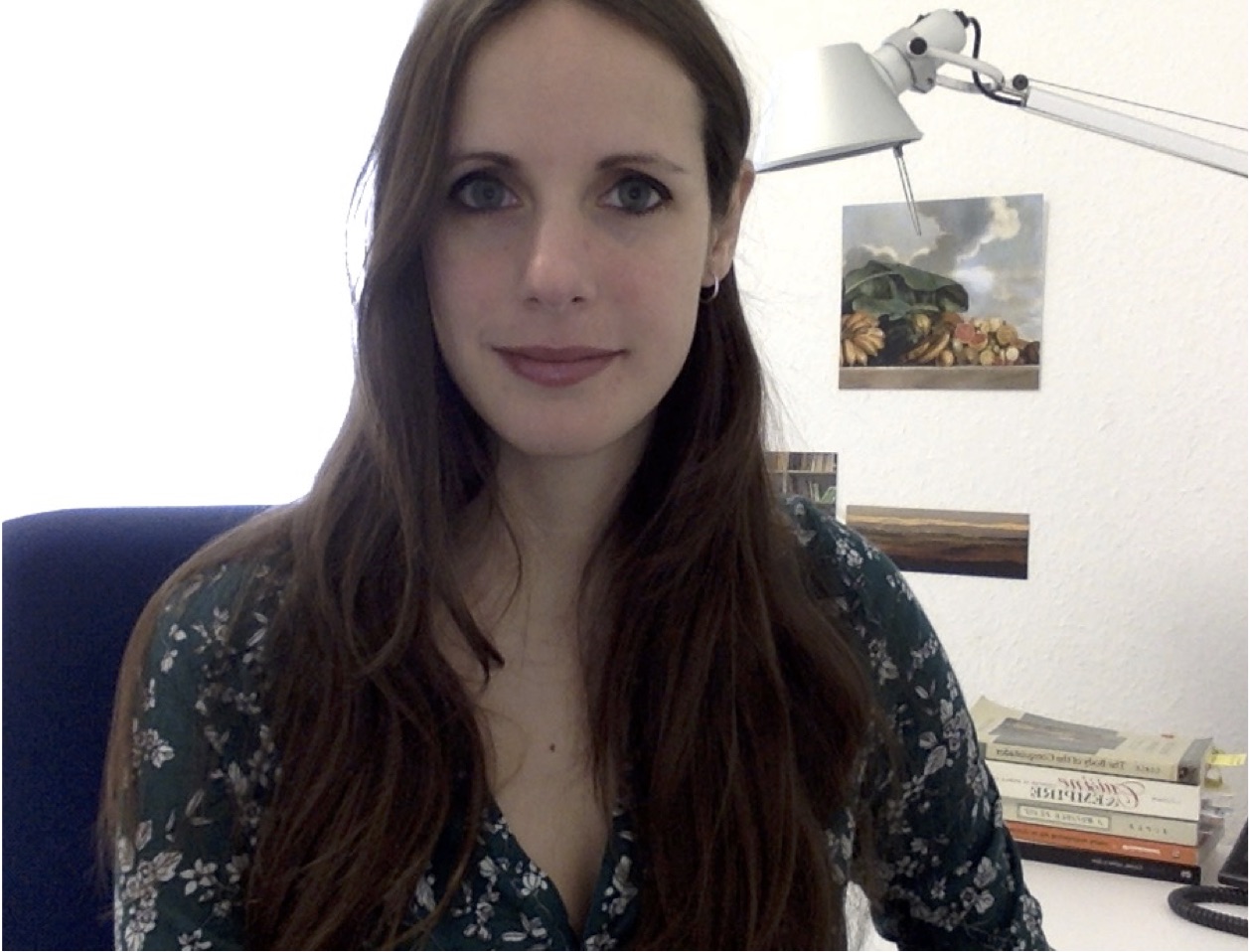Verónica Peña Filiu
Verónica Peña Filiu is a Ph.D. candidate at Universitat Pompeu Fabra (Barcelona, Spain). She holds a Bachelor's degree in History from Universitat de Barcelona and obtained a Master's degree in World History from Universitat Pompeu Fabra. She received a three-year doctoral fellowship (FI-DGR 2016, Catalan Government) to conduct her research. She is currently a Doctoral Fellow at the Leibniz-Institute of European History (Mainz, Germany).
Veronica is broadly interested in the role of food in early modern cross-cultural encounters, and the factors involved in the emergence of new foodways in colonial contexts. Her dissertation deals with the circulation of food, material culture, and food-related behaviors in the Pacific during the early modern European expansion. By focusing on the Mariana Islands (Western Pacific), her project examines how Europeans attempted to reproduce their foodways in the colonial territories, and how these attempts were shaped both by the dynamics affecting global trade routes, and the natural and social environment of the colonies.
Verónica has conducted archival research in Spain, Italy, Mexico, and Guam. She has also participated in archaeological campaigns conducted in Guam (2017 and 2018) within the framework of the project ABERIGUA (Archaeology of Iberian Contact and Colonialism in Guam). She is a team member of the research group GRIMSE (Research Group on Empires, Metropolis and Extra-European Societies) and of the research group CGyM (Colonialism, Gender and Materialities).

